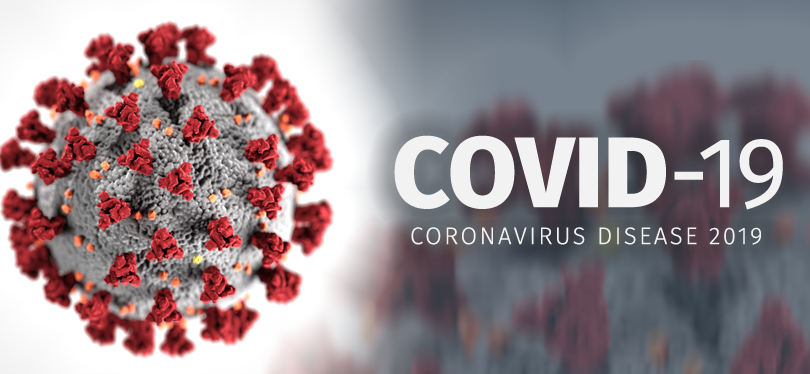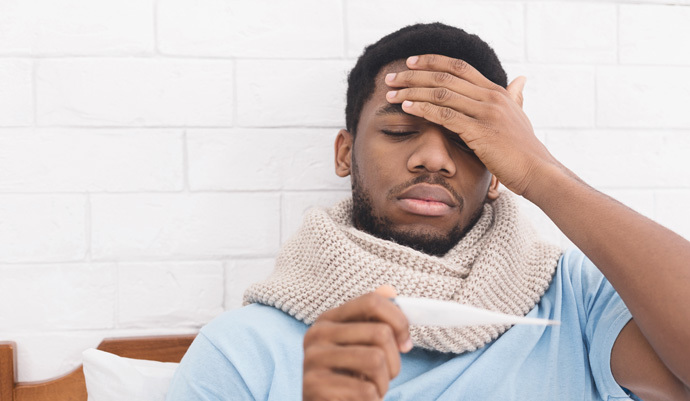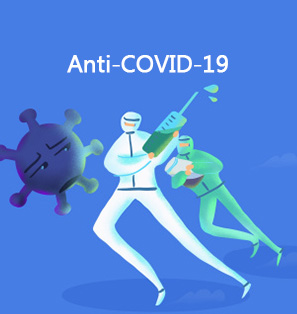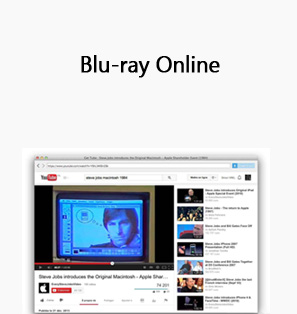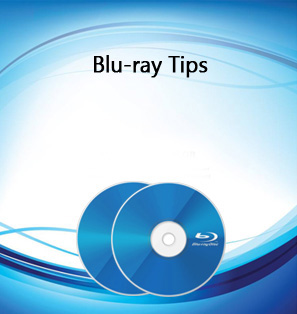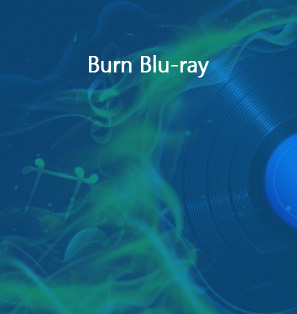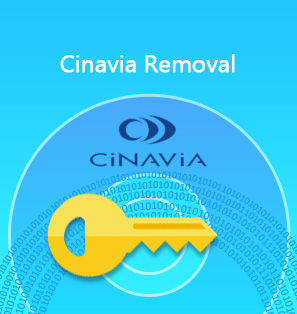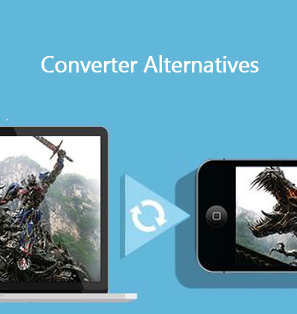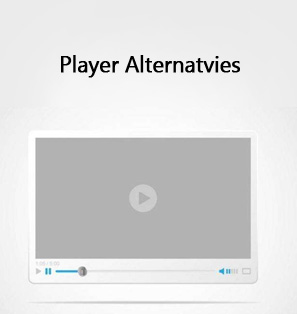The world has been threatened by the newly outbreaking COVID-19. As of March 23rd, there have been more than 230,000 confirmed COVID-19 cases around the world. Over 12,000 people died in this disease. Some countries even get closed to cure patents and stop the spreading of COVID-19. What are COVID-19? What are the symptoms of COVID-19? How can we prevent us from being infected byCOVID-19? What should we do if unfortunately we get infected?
In this guide, we will make a detailed discussion upon COVID-19, letting you know what to do and how to avoid being infected.
Part 1: What Are Coronaviruses?
Firstly, let’s get into the first 2 questions: what is coronavirus, and what is COVID-19? Check the below content to get a brief introduction to these 2 things. Meanwhile, you will also get some tips and knowledge about COVID-19 here.
What are coronaviruses?
Coronaviruses are a large family of viruses which may cause illness in animals or humans. In humans, several coronaviruses are known to cause respiratory infections ranging from the common cold to more severe diseases such as Middle East Respiratory Syndrome (MERS) and Severe Acute Respiratory Syndrome (SARS). The most recently discovered coronavirus causes coronavirus disease COVID-19.
What is COVID-19?
COVID-19, short for coronavirus disease 2019, is the infectious disease caused by the most recently discovered coronavirus. This new virus and disease were unknown before the outbreak began in Wuhan, China, in December 2019. The most dangerous feature of COVID-19 is that it could infect people in person-to-person, which brings great difficulty in preventing and curing.
The below timeline will help you get more information about COVID-19:
- A pneumonia of unknown cause detected in Wuhan, China was first reported to the WHO Country Office in China on 31 December 2019.
- WHO is working 24/7 to analyse data, provide advice, coordinate with partners, help countries prepare, increase supplies and manage expert networks.
- The outbreak was declared a Public Health Emergency of International Concern on 30 January 2020.
- The international community has asked for US$675 million to help protect states with weaker health systems as part of its Strategic Preparedness and Response Plan.
- On 11 February 2020, WHO announced a name for the new coronavirus disease: COVID-19.
Symptoms of COVID-19
The most common 3 symptoms of COVID-19 are fever, tiredness, and dry cough. Some patients may have aches and pains, nasal congestion, runny nose, sore throat or diarrhea. These symptoms are usually mild and begin gradually. Some people become infected but don’t develop any symptoms and don't feel unwell. Most people (about 80%) recover from the disease without needing special treatment. If you have some emergency signs like trouble breathing, persistent pain or pressure in the chest, new confusion or inability to arouse, bluish lips or face, you need to call your doctor.
Around 1 out of every 6 people who gets COVID-19 becomes seriously ill and develops difficulty breathing. Older people, and those with underlying medical problems like high blood pressure, heart problems or diabetes, are more likely to develop serious illness. People with fever, cough and difficulty breathing should seek medical attention.
How does COVID-19 spread?
The virus that causes COVID-19 probably emerged from an animal source, but is now spreading from person to person. The virus is thought to spread mainly between people who are in close contact with one another (within about 6 feet) through respiratory droplets produced when an infected person coughs or sneezes. It also may be possible that a person
can get COVID-19 by touching a surface or object that has the virus on it and then touching their own mouth, nose, or possibly their eyes, but this is not thought to be the main way the virus spreads.
Part 2: What Should a Person Experiencing Symptoms Do?
As mentioned above, as of March, 23rd, there have been more than 230,000 confirmed cases of COVID-19 cases around the world and more than 12,000 died due to COVID-19. Then, what a person experiencing the abovementioned symptoms should do, or even worse, if unfortunately, a person infected of the COVID-19 should do?
Do the below things if you are sick:
- -Stay home except to get medical care.
- -Stay in touch with your doctor.
- -Avoid public transportation since this virus transfers through person-to-person.
- -Stay away from your family members and others.
- -Don't even contact with your pets and animals.
- -Wear a facemask if you are sick and you have to visit your doctors.
- -Cover your cough or sneeze with a tissue, then throw the tissue in the trash.
- -Clean your hands often with soap or hand sanitizer.
- -Avoid sharing personal household items
- -Clean and disinfect frequently touched objects and surfaces.
- -Turn to your doctor for help if you body starts to show emergency signs mentioned above.
It’s believed that people with light COVID-19 illness could cure themselves by staying at home isolated since the immune system will work against the coronavirus. However, there are still more than 12,000 died cases, which means once you get infected by COVID-19, you need to take very good care of yourself. Once the emergency signs appear, turn to your doctor or go to a hospital.
Part 3: How Can We Prevent COVID-19?
According to the WHO, currently there is no accurate vaccine to COVID-19. That means we can’t put our hope of preventing ourselves from being infected by COVID-19. Then, what can we do to protect us from being infected by COVID-19?
Clean your hands often
Wash your hands often with soap and water for at least 20 seconds especially after you have been in a public place, or after blowing your nose, coughing, or sneezing. If soap and water are not readily available, use a hand sanitizer that contains at least 60% alcohol. Cover all surfaces of your hands and rub them together until they feel dry. Avoid touching your eyes, nose, and mouth with unwashed hands in case your body parts are infected.
Avoid close contact with people who are sick
Put distance between yourself and other people if COVID-19 is spreading in your community. This is especially important for people who are at higher risk of getting very sick.
Stay at home
People who are mildly ill with COVID-19 are able to recover at home. Do not leave, except to get medical care. Do not visit public areas. And people who are self-isolated at home will be isolated from being infected by COVID-19 carriers and patients.
Cover coughs and sneezes with a tissue
Cover your mouth and nose with a tissue when you cough or sneeze or use the inside of your elbow. Throw used tissues in the trash. Immediately wash your hands with soap and water for at least 20 seconds.
Wear a facemask
No matter you are sick or healthy, wearing a facemask, especially medical surgery mask would be a wonderful choice and necessary way to prevent yourself from being infected by others.
Clean and disinfect
Clean and disinfect frequently touched surfaces daily. This includes tables, doorknobs, light switches, countertops, handles, desks, phones, keyboards, toilets, faucets, and sinks.
Part 4: Conclusion
There is currently no vaccine to protect against COVID-19. The best way to prevent infection is to take everyday preventive actions, like avoiding close contact with people who are sick and washing your hands often. Also, there is no specific antiviral treatment for COVID-19. People with COVID-19 can seek medical care to help relieve symptoms.
Social distancing is highly required for preventing you and your family members from being infected by COVID-19. You could watch movies and TV shows at home with your kids or parents. Google has just released a Netflix Party Chrome extension to help you and your friends remotely and virtually watch movies and TV shows on Netflix separately at homes. You could even create chat rooms to discuss the movie/TV shows as you like with your friends within this Netflix Party Chrome extension. Of course, you could also try to play games with your friends via your smartphones and gaming consoles such as PS4, Xbox One S, etc. You could also practice your cooking skills at home during the self-isolation in this special period.
All in all, the best solution to get yourself and your family well protected from this coronavirus disease 2019 (COVID-19) infection is to stay at home and avoid social contacts. The less you contact with others, the lower rate it is for you to get infected. You could do all you like after this COVID-19 virus has been controlled. Just make sure you are safe whenever it is and whatever you want to do.


